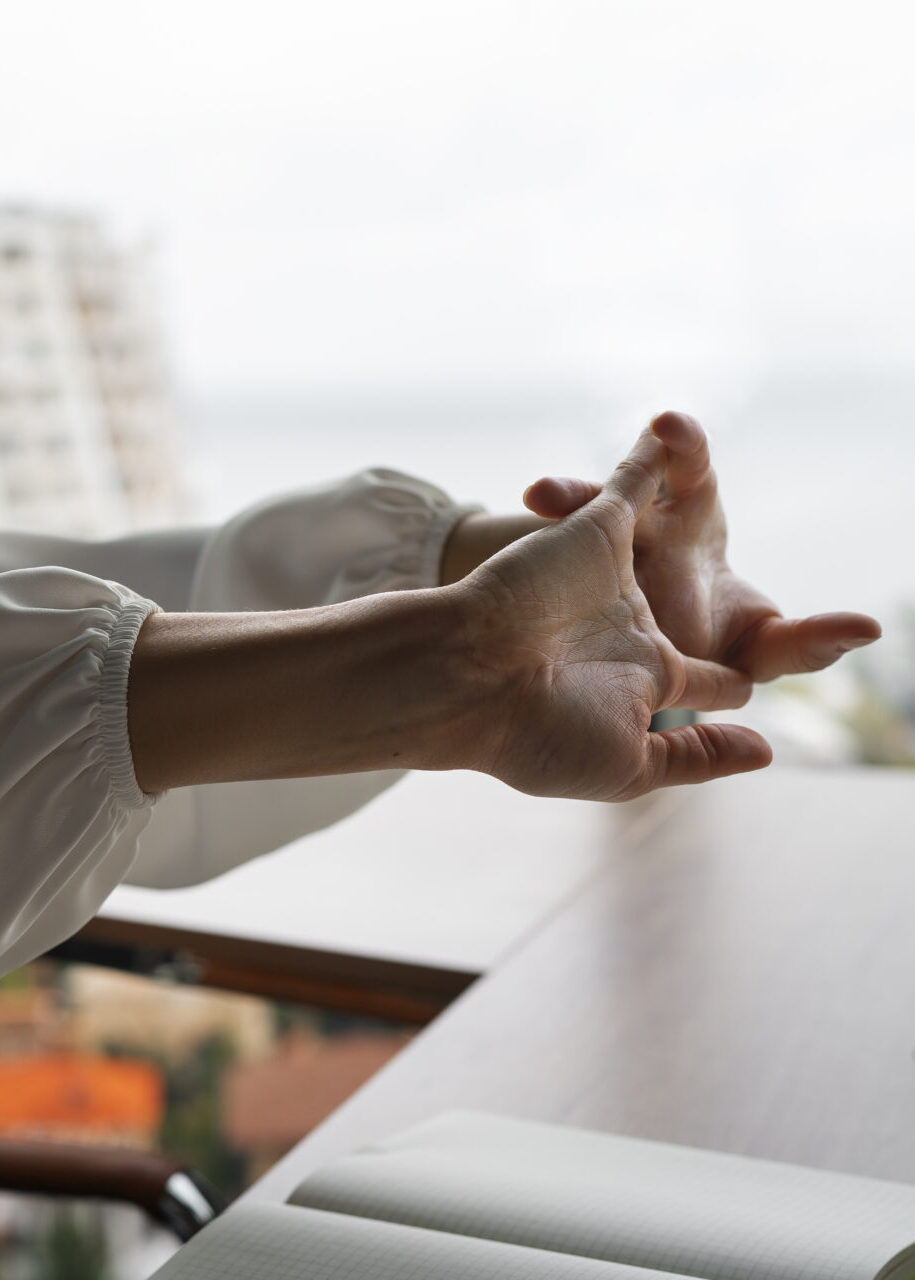
Wellness for Postgraduates
Returning to school to pursue a postgraduate (PG) degree is an important life transition. You probably feel both excited and apprehensive towards entering this new phase in your life, which could be very different from your undergraduate years in many ways.
What changes can you anticipate?
- The PG enjoys greater autonomy and independence but needs to exercise even greater self-discipline in managing daily living, emotions, studies, relationships, etc.
- The PG needs to learn to balance multiple roles and responsibilities as scholar, teaching assistant, son/daughter, friend, spouse/partner, etc.
- The PG needs to enjoy working alone, but might also need to learn positive interpersonal and communication skills in relating to his/her supervisor, collaborators and peers.
- The PG who is studying in a foreign place will face additional stress and challenges in adjusting to a new cultural environment, particularly in the absence of established support systems, which usually takes time to build.
- PG studies rely on synthesis and integration of massive information rather than on rote memory.
- PG studies demand a mastery of academic knowledge, not merely regular class attendance and course examination results.
Identify stress reactions
These changes can bring about stress. Try to detect the following symptoms to understand your recent stress level:
| Physiological Reactions | Psychological Symptoms |
|
|
Stress Relief Tips
To help you adjust to the multiple changes as well as facilitate a smooth transition from being a student to a scholar, we have included useful tips to help you achieve wellness amidst all the challenges that come with PG studies.
- Establish healthy habits: Enhance your wellness by developing a balanced diet, ensuring sufficient sleep, exercising regularly and avoiding smoking and drinking. Research showed people who do physical exercise for 30-60 minutes each time, 3-5 times a week, are associated with lower mental health burden.
- Strengthen social support: Actively participate in activities to meet new friends with similar backgrounds or common interests, so that you can support each other in the university. Establish friendly relationships with classmates and colleagues to promote academic exchanges and inspiration. Stay in touch with family and friends and ask for help in times of difficulty.
- Take time to relax: When we feel tired or stressed out, we could take short breaks to relax and renew our energy. Let our feelings out by talking, laughing, crying or writing them down. Emotional ventilation can help lighten the psychological burden. Develop relaxation skills and pursue leisure activities that suit us, such as sports, music, outings, handicraft, etc.
- Maintain a positive mindset: Acknowledge and reward ourselves with rest and recreation when we have done good work or achieved our work target. Avoid unnecessary comparison with others and seek continuous self-improvement by learning from positive role models and acknowledging your strengths.
- Manage time effectively: Balance different roles and responsibilities by setting goals and priorities, developing an action plan, and overcoming procrastination. It helps us manage competing demands and finish important tasks. Seek others’ help and understanding when our responsibilities become overwhelming.
- Collaborate with advisor: Build mutual trust and understanding through open and active communication with your advisor. Meet with them regularly to report your progress and agree on goals and expectations, responsibilities, work schedule, mode of supervision, etc. Convey our concerns and anxieties and actively seek advice and guidance from our advisors as necessary.
- Seek help: Reach out to your professor, faculty or other university units for help when needed. Learning and Cultural Enhancement Sectionoffers students guidance on adjustment to and planning for university life while Wellness and Counselling Centre provides counselling service to assist students in achieving personal growth.




